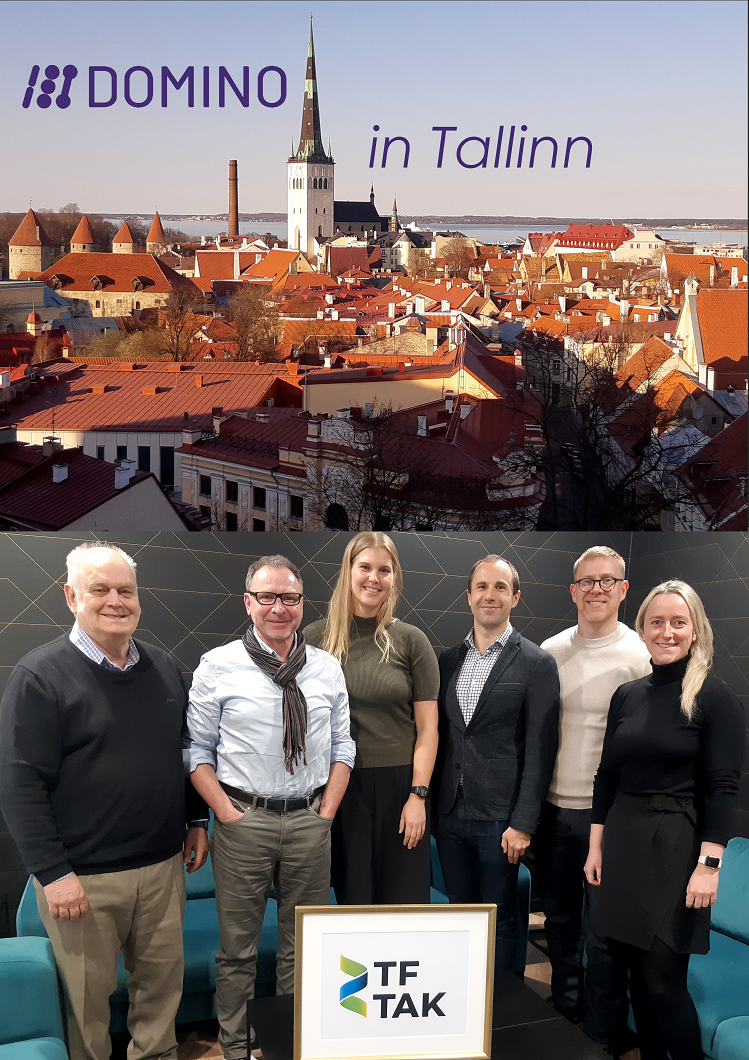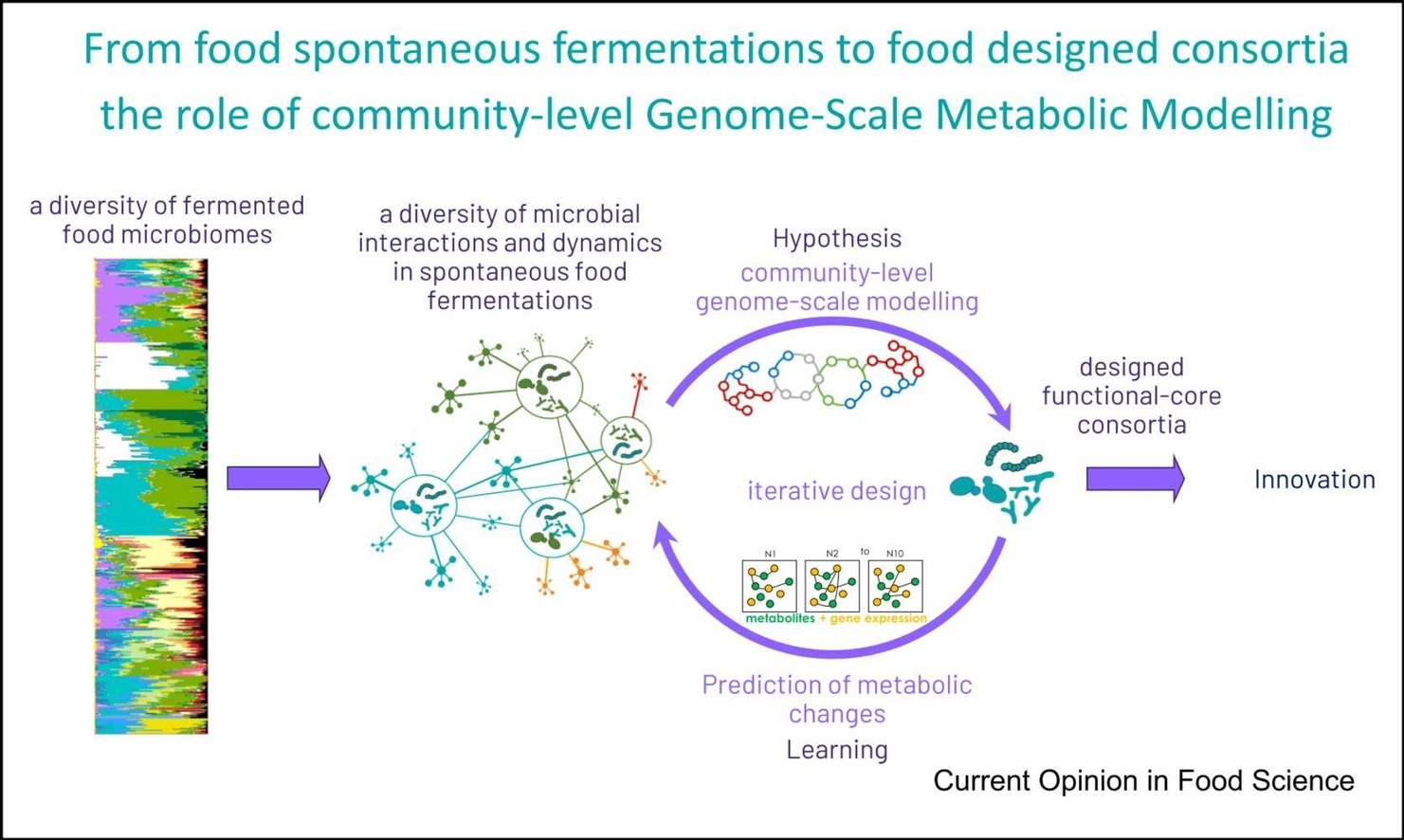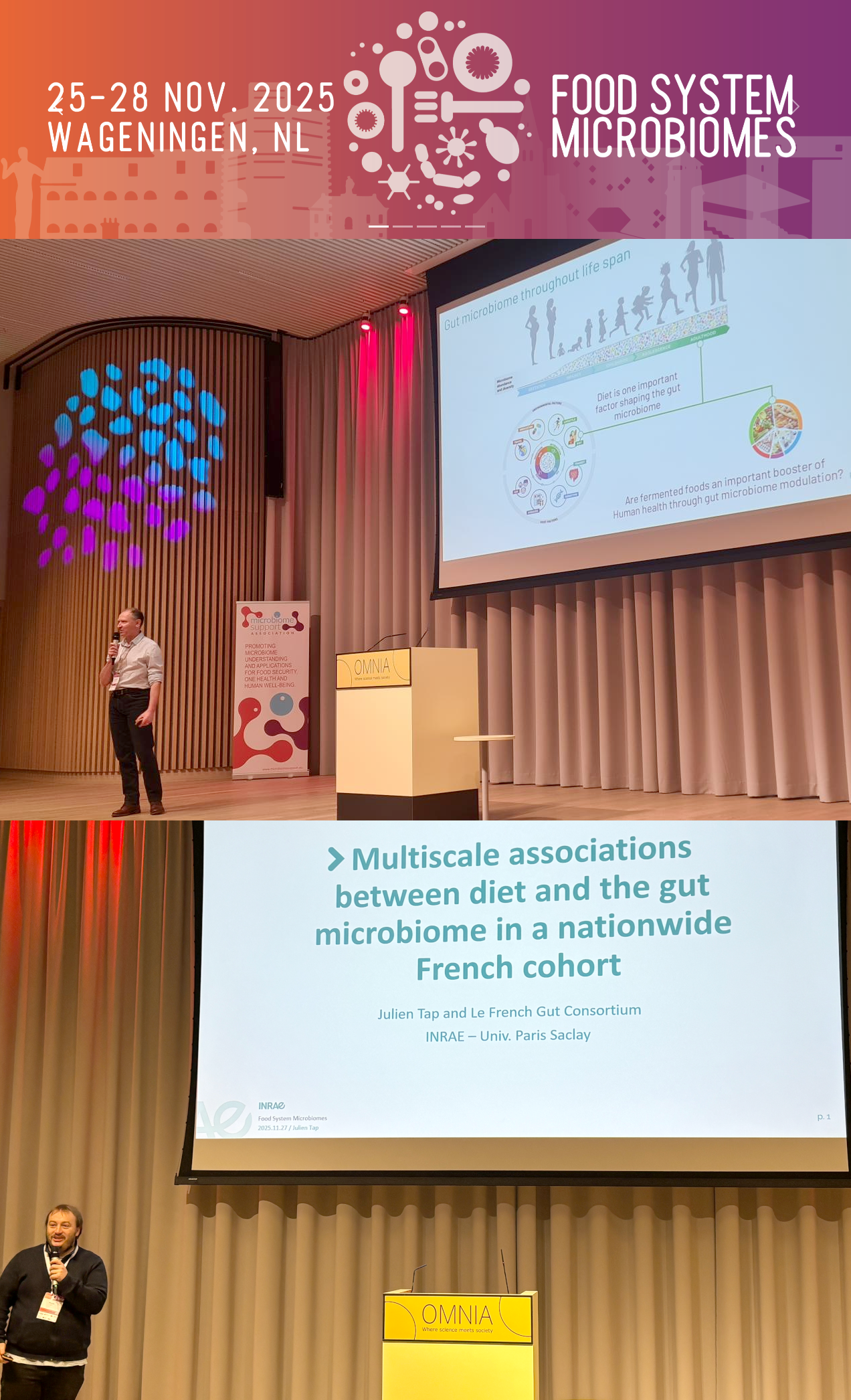Published: Apr 25, 2023 by FME Lab
Representing FME, Stephane was pleased to meet colleagues from Tallinn University of Technology (TFTAK) to discuss about HorizonEU DOMINO project’s development of microbial solutions for vegetable-based fermented foods. The meeting took place during a two-day visit (24-25th of April), where discussions and knowledge-sharing took place to kick-start the work plan for exciting fermented food case studies.
During the visit, the INRAE team had the opportunity to visit the TFTAK laboratories and the Kadarbiku farming company, which produces various fermented vegetable products. This visit was very exciting and allowed for the sharing of experiences between both partners. The knowledge transfer from academic research to the production scale is vital, and TFTAK plays a significant role in this transfer by providing know-how and skills to the industry. The partnership with TFTAK also drives the research and development interactions at the national level in the Baltic countries.

The DOMINO project is a perfect example of a consortium built to meet the criteria for interdisciplinary research. One of the strategies used to achieve this was to aggregate partners with specific competencies to bring their expertise to the table. The consortium is made up of four scientific task forces, each playing a crucial role in the project’s success.
In DOMINO, TFTAK will be the driving force in exploiting the project’s results with other companies in the consortium. The partnership will play a catalytic role in the transfer of knowledge and skills to the industry. This will help to ensure that the project’s results are put to practical use, contributing to the overall goal of creating microbial solutions for vegetable-based fermented foods.
The Food Microbial Ecology INRAE research team is excited about the collaboration with TFTAK for the DOMINO project. We thank Raivo, Ene, Rain, Ranno, Katia, and Anna for their kind hospitality during the visit to TFTAK laboratories and the Kadarbiku farming company. We look forward to working with TFTAK and other partners in the consortium to develop microbial solutions for vegetable-based fermented foods.


